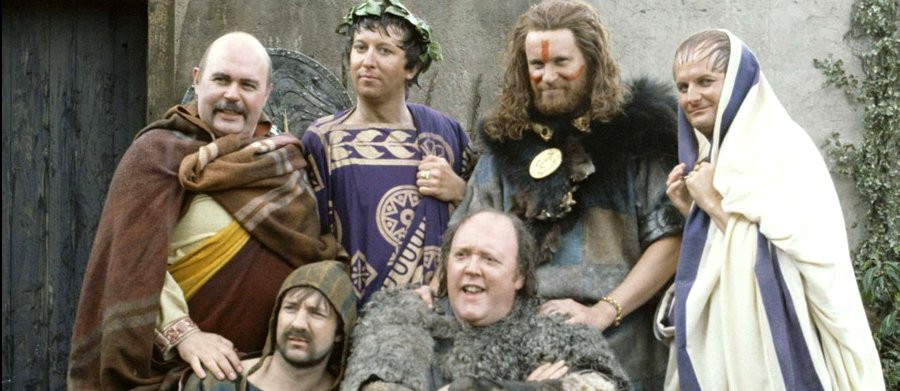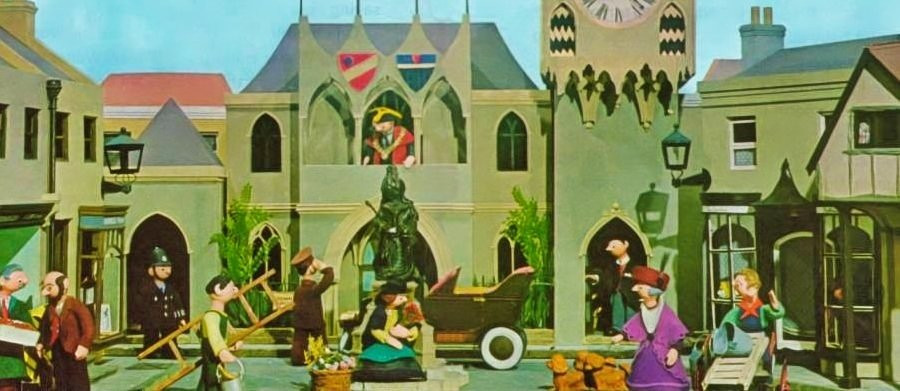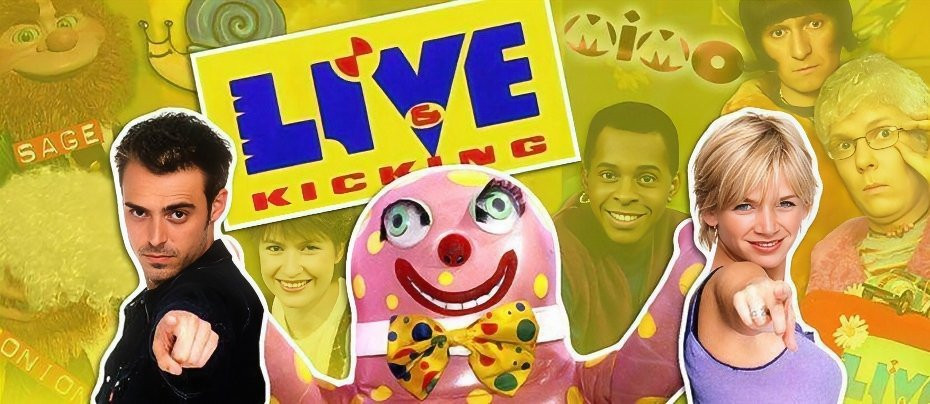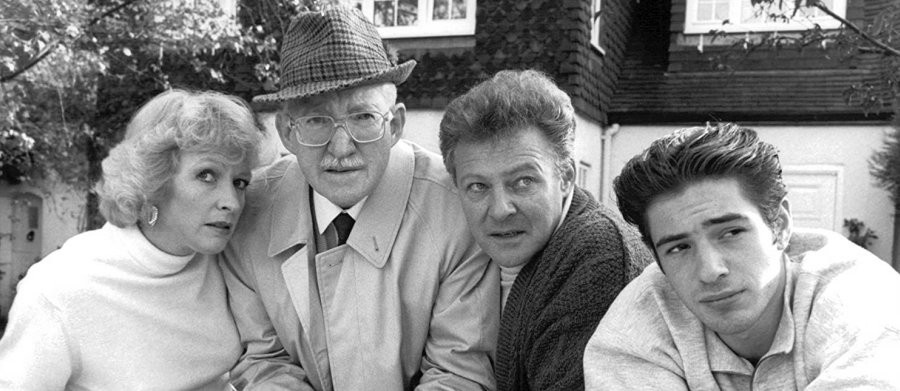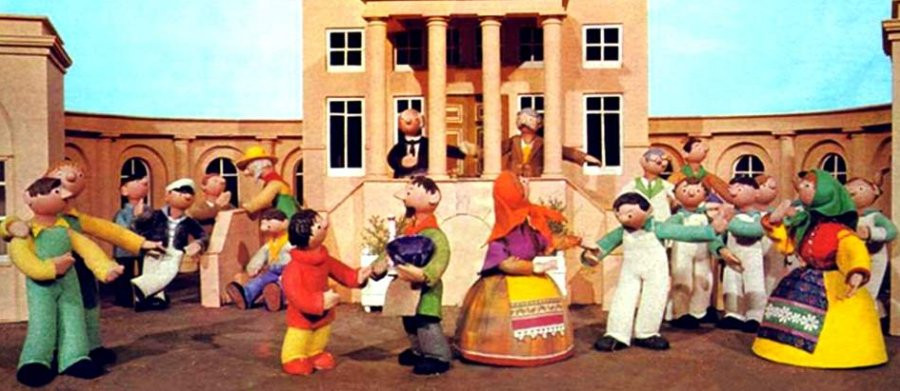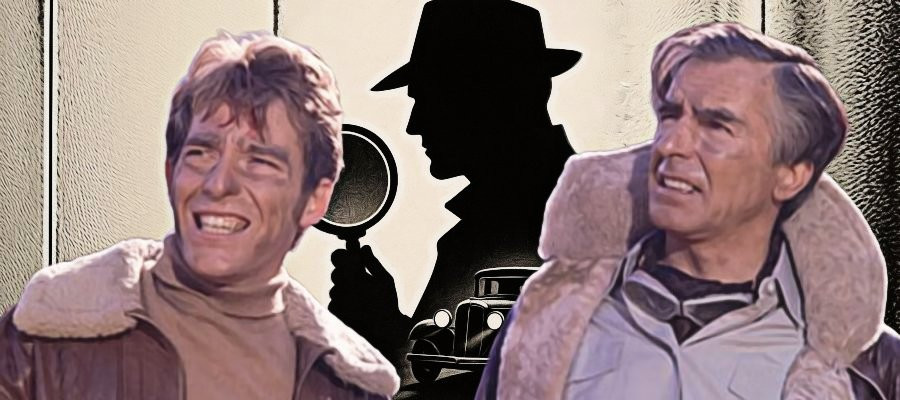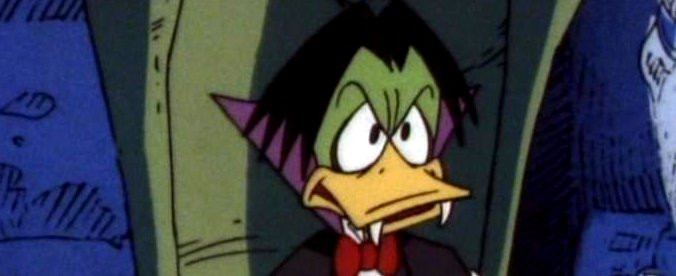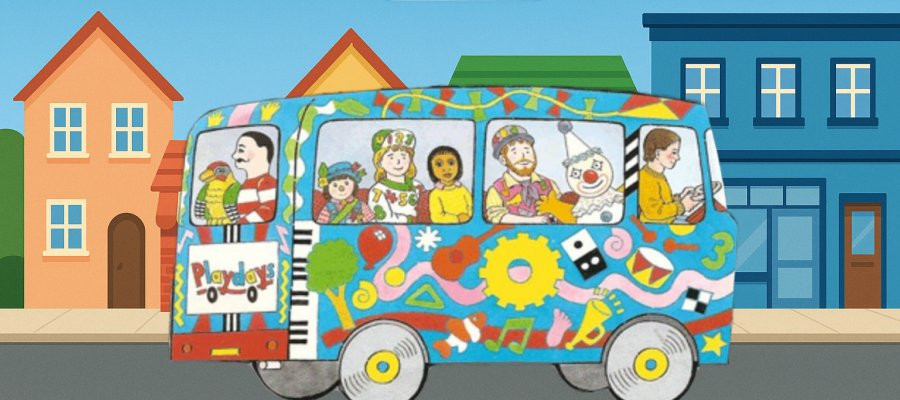
Playdays
1988 - United KingdomIn the early 1980s, Anna Home—then the BBC’s executive producer of children’s drama and the creative force behind classics like Jackanory, The Changes, and Grange Hill—left the Corporation to join TVS. There, she served as programme controller and head of the children’s and youth department. But by the late 1980s, she returned to the BBC as head of children’s television and began critically evaluating the relevance and impact of the broadcaster’s output for young audiences.
After much deliberation, it was agreed that Play School, a staple of BBC programming since 1964, had lost its freshness. As Home herself put it, the show had become “stultified in its style” and “a bit twee.” It was seen as lacking the energy, imagination, and forward-thinking spirit it once had. Recognising the need for a complete overhaul, Home consulted with early childhood experts, including Play School’s executive producer Cynthia Felgate—whom she regarded as a major influence in the development of children’s TV in the UK. Together, they agreed it was time for Play School to be retired.
To replace it, Felgate devised a new show initially called Playbus—later renamed Playdays after a complaint from the National Playbus Association. This new series shifted away from the traditional presenter-to-camera format of Play School, instead putting children in more active, participatory roles. Reflecting the social and cultural changes since the 1960s, Playdays aimed to offer a more modern and inclusive portrayal of preschool life. Key to this evolution were puppets like Why Bird and Lizzie—a Black marionette who represented a rare instance of racial diversity in British puppet characters.
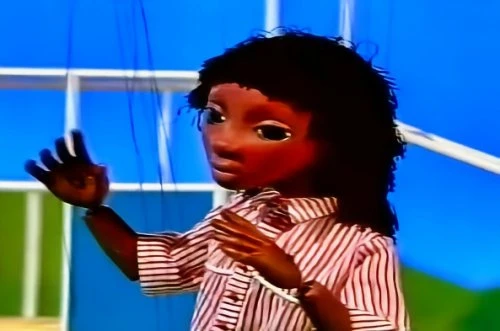
As with its predecessor, Playdays maintained its educational foundation, still incorporating familiar songs and rhymes. However, the programme placed greater emphasis on early literacy and numeracy skills. Rather than addressing viewers directly, presenters interacted with children in the studio, encouraging them to speak, ask questions, and participate in a more hands-on way.
The show’s structure revolved around the animated Playbus, which "travelled" to a different destination each weekday:
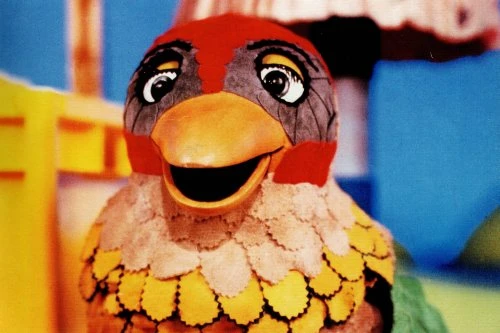
Monday – The Why Bird Stop: Why Bird lived in the Lost Property Office, where forgotten items from the Playbus were stored until reclaimed. She worked alongside a rotating cast of bus drivers and used her versatile computer, the Why-Tech, to cue songs, display illustrations, guide craft activities, and play educational videos—such as how everyday objects like toothbrushes or socks are made. In later episodes, the office transformed into a more industrial-looking space known as "Why’s Workshop."
Tuesday – The Playground Stop: These episodes began with the presenter—often Dave Benson Phillips or Elizabeth Fost—calling out, "Boys and girls, come out to play..." followed by the day's theme, such as racing games or imaginative role-play. The studio featured real children engaging in activities like pretend cooking or crafting. Dave was joined by Chester the hand puppet, and Elizabeth by Ruby. Each episode included a rhyme with Makaton sign language and a musical performance by Lizzie the marionette. Occasionally accompanied by Nick, Lizzie was not as central as characters like Peggy Patch or Why Bird, but she stood out as a beloved and groundbreaking character in her own right.
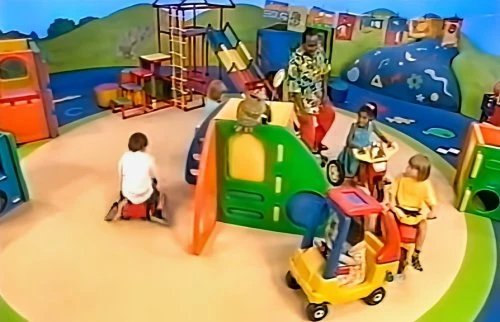
Wednesday - The Dot Stop (later The Roundabout Stop): Originally fronted by a silent character named Dot (played by Rebecca Higgins), this stop focused on music and numbers. Later, Dot was replaced by three variations: "The Dot who plays the violin" (Eithne Hannigan), "The Dot who plays the drums" (Liz Kitchen), and "The Dot you can count on" (Dyanne White). Supporting characters included Professor Mopp and his blue dog Morgan. When rebranded as The Roundabout Stop, Mr. Jolly (Robin Fritz) became the presenter, operating a carousel named Rosie. At first, Rosie had no rides, but new ones were gradually added over time. Children from local schools and organisations like Chickenshed contributed to puzzle-solving segments and joined the final song. Each episode involved discovering picture clues that revealed the name of a nursery rhyme or song, which was then performed by the cast.
Thursday – The Patch Stop: This stop initially featured Sam Patch, a kind-hearted scarecrow doll, later replaced by Peggy Patch, a similarly gentle rag doll who would go on little adventures. From 1994 onwards, Peggy began leaving clues for children to find her. She was often joined by Parsnip the rabbit (introduced in the early 1990s), as well as characters like Poppy and Why Bird later in the episodes.
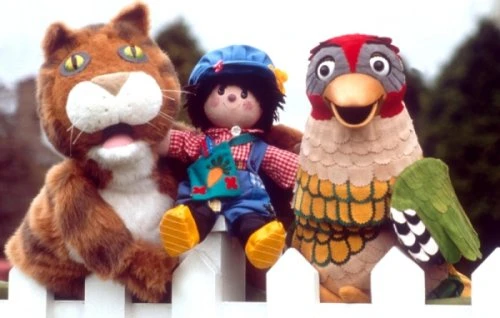
Friday – The Tent Stop (later The Poppy Stop): Originally, this day featured actors—including Trish Cooke, Ricky Diamond, Robert Hopkins, Will Brenton, Sue Monroe, and Sarah Davison—who dressed up and performed plays with the help of children. When renamed The Poppy Stop, the action moved to the home of Poppy the cat, with Karl Woolley as presenter. Familiar characters such as Why Bird and Peggy Patch often made guest appearances.
Other performers who appeared on Playdays included Sophie Aldred, Pam Ayres, Tracey Wilkinson, David Rubin, Shelaagh Ferrell, Helen Griffin, Brian Cant and Zoe Ball.
During its run, Playdays went on tour across the UK, with live shows bringing all the puppet characters together. Unlike on TV, Peggy Patch was portrayed by a live actor during these performances. Some roles were recast for the stage.
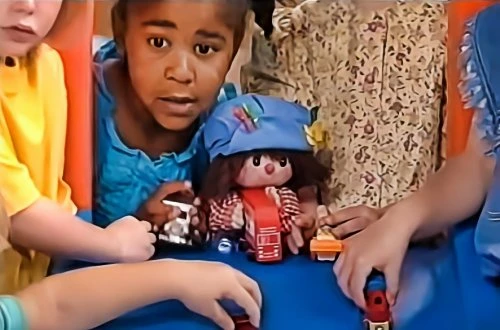
By the late 1990s, the landscape of children’s television was changing. The BBC began to favour faster-paced, digitally enhanced, character-driven programming with a higher level of interactivity—aligning with evolving educational theory and the shifting media habits of young viewers. Playdays ended in 1997.
Its successor in spirit was Tweenies (1999–2002), which carried forward many of Playdays’ core ideas—routine, music, learning through play—but updated them with a more modern visual style and production value.
In 2002, the BBC launched CBeebies, a dedicated digital channel for preschool audiences. This marked a major departure from the traditional mixed scheduling model used on BBC One and Two. Meanwhile, afternoon TV on both BBC and ITV began filling up with game shows, signalling a broader shift in programming priorities and the end of an era in children’s broadcasting.
Seen this show? How do you rate it?
Seen this show? How do you rate it?
Published on August 18th, 2025. Written by Laurence Marcus for Television Heaven.


